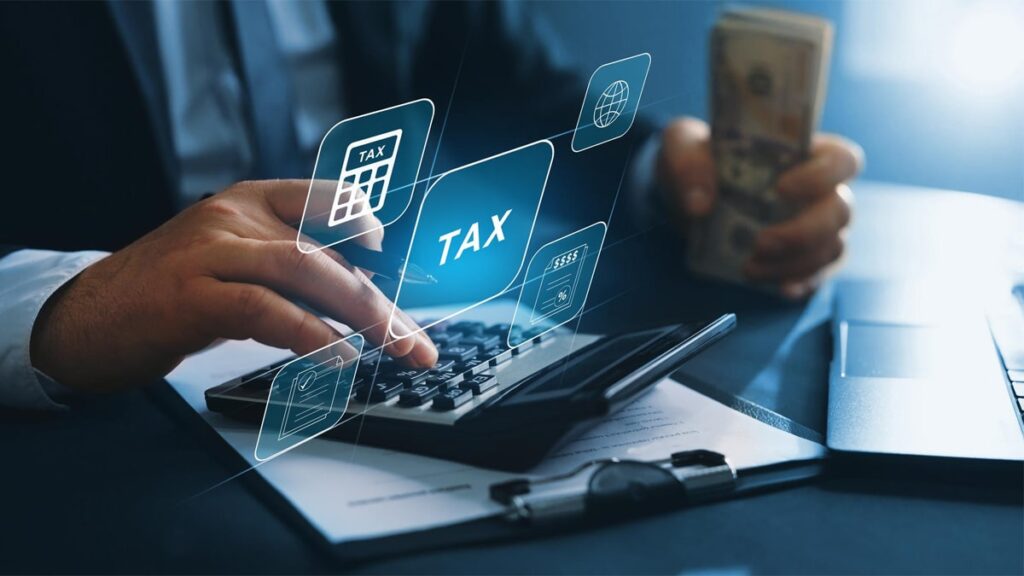Taxation is an essential part of the financial system we all work under. Navigating this landscape of taxation is essential and a big part of financial planning.
Among the various taxes levied by governments, capital gains tax stands as a unique and essential part. It impacts an individual’s financial decisions along with the investments.
To calculate capital gains taxes, the Income Tax Act divides the capital gain tax into two parts-
- Short Term Capital Gain (STGC)
- Long-Term Capital Gain (LTGC)
In this article, we will discuss what is long-term capital gain, the List of Assets Considered as Long-Term Capital Gain (LTGC), taxes on LTGC, and much more.

Table of Contents
What is Long-Term Capital Gain (LTCG)?
Long-Term Capital Gain Tax (LTCG Tax) is a tax imposed by the government on the profits earned from the sale of assets held for an extended period.
Typically, the holding period is anywhere from one year to two years depending on the asset in question. The taxes on Long-Term Capital Gain (LTCG) are low which incentivizes the asset holder to hold the asset for long which in turn benefits the Government.
List of Assets Considered as Long-Term Capital Gain (LTGC)
The following are the assets considered as Long-Term Capital Gain (LTGC)-
- Selling shares held for over one year.
- Gaining returns from the sale of mutual fund units held for more than one year
- Making a profit from selling property held for more than two year
- Earning returns from the sale of bonds and debentures
- Profiting from the sale of gold and other precious metals
- Returns from selling REIT units held for more than a year
- Making profits from selling art, antiques, and collectibles
- Gaining returns from the sale of government-issued securities
- Earning interest income from fixed deposits
- Receiving proceeds from the sale of patents, copyrights, and trademarks
Taxes on Long-Term Capital Gain (LTCG):
Long-term capital Gains (LTCG) are subject to taxation and they can be contemplated as per the Income Tax Act.
The LTCG tax on the sale of listed equity shares, equity-oriented mutual funds, and units of business trusts is applicable at a rate of 10% without the benefit of indexation.
However, the gains up to Rs 1 lakh in a financial year are exempt from this tax. If the LTCG exceeds Rs 1 lakh, the exceeding amount is taxed at a rate of 10%.
Formula to Calculate LTGC
The formula for calculating LTCG is as follows-
LTCG=Sale Consideration−(Indexed Cost of Acquisition+Indexed Cost of Improvement+Expenses Incurred on Transfer)
Where:
Sale Consideration: The amount received or accrued from the transfer of the asset.
Indexed Cost of Acquisition: The cost of the asset is adjusted for inflation using the Cost Inflation Index (CII)
Indexed Cost of Improvement: Similar to the indexed cost of acquisition, but for any improvements made to the asset.
Expenses Incurred on Transfer: Any expenses directly related to the transfer of the asset
Example-
Suppose you purchased a property in the financial year 2010-11 for Rs 20 lakh, and you sold it in the financial year 2022-23 for Rs 40 lakh. The Cost Inflation Index for 2010-11 was 167, and for 2022-23, it was 317. For transfer cost, it took you Rs.1,00,000 as commission, and marketing and repair and improvement cost you Rs.10,00,000/-
Indexed Cost of Acquisition= Rs.37,25,748.50
Indexed Cost of Improvement = Rs.1,00,000/-
Expenses Incurred on Transfer = Rs. 40,000/-
LTCG=Sale Consideration−(Indexed Cost of Acquisition+Indexed Cost of Improvement+Expenses Incurred on Transfer)
LTCG=40,00,000−(37,25,748.50+1,00,000+ 40,000)
LTGC= Rs.1,34,251/- @10% = Rs. 13,425.15
FAQ
Profit earned from the sale of assets held for more than one year which are listed equity shares and equity-oriented mutual funds, property, bonds, and other assets are considered long-term capital gain.
The LTCG tax rate for listed equity shares is 10% however, it is applicable on gains exceeding Rs 1 lakh as Rs.1 Laksh is exempted limit.
The Cost Inflation Index (CII) is employed to adjust both the cost of acquisition and the cost of improvement for inflation, ensuring a more precise reflection of the asset’s genuine value over time. As assets may depreciate, and the value of money is subject to inflation, adjusting both the monetary and asset values becomes crucial to accurately evaluate the true worth of the asset.
Yes, exemptions are available for specific investments like gains from the sale of a residential house used for purchasing another residential house.
Yes, different assets may have different LTCG tax rates.
Yes, LTCG tax applies to non-residents in India, and they may have specific provisions and rates applicable to them.
I’m Shiv Kumar, a graduate with a passion for finance, marketing, and technology. My journey into finance started with a desire to understand money management and investing.
Our main goal is to empower individuals through financial education. We believe that everyone should have the opportunity to build a strong financial foundation. Whether you’re a seasoned investor or just getting started, we provide articles, guides, and resources to help you navigate the financial landscape.
I invite you to join our community of financially savvy individuals. Feel free to ask questions, engage with our content, and explore the topics that matter to you. Together, let’s take control of our financial futures.




